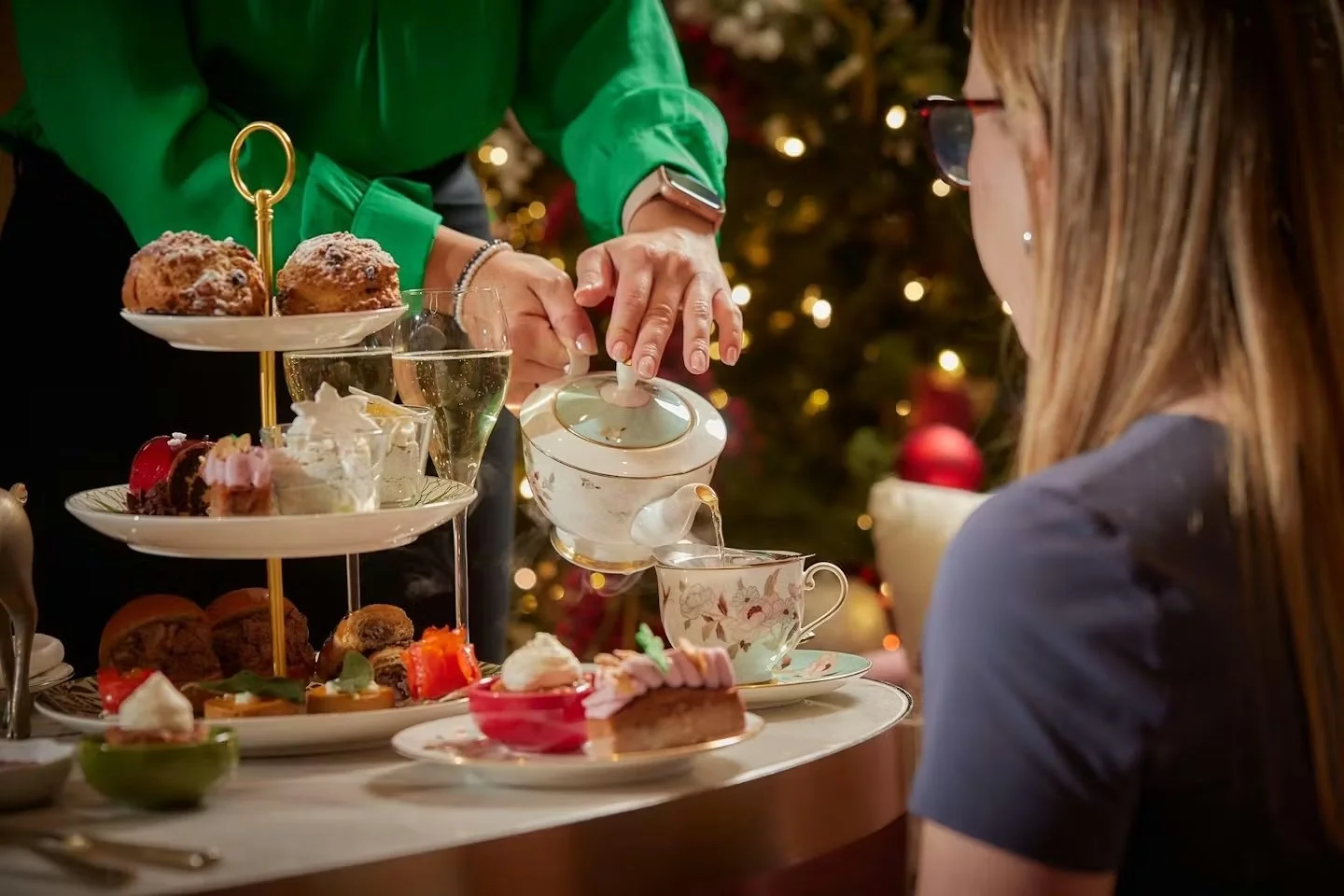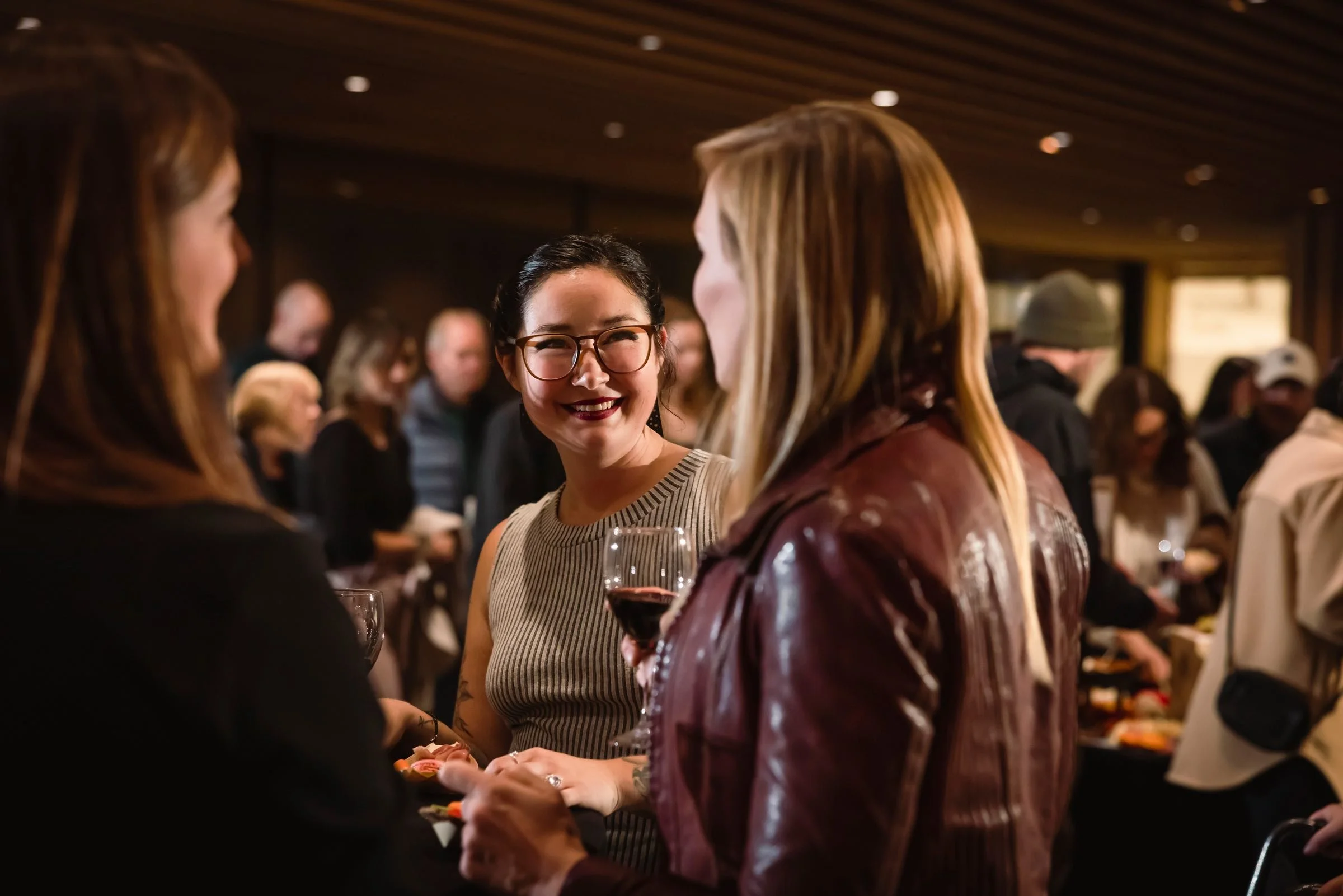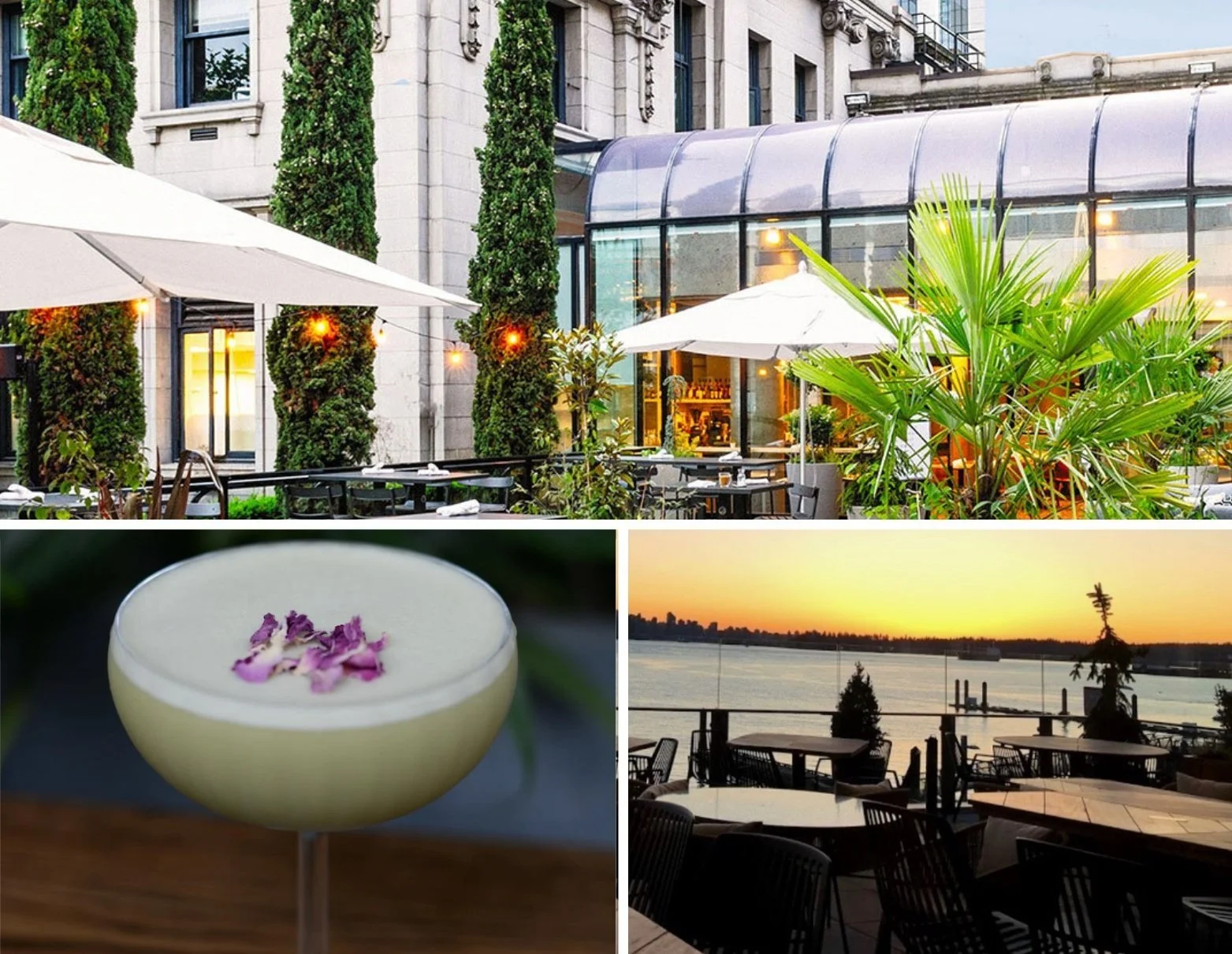Senegalese food is on the table for Let’s Celebrate Africa: En cuisine!
The online cooking class, hosted by Alliance Française de Vancouver and Afrika21, features West African fare by Madani Kitchen in celebration of Black History Month
Rokia Koné, who hails from Mali, is the founder and manager of Madani’s Kitchen, which specializes in the food of Senegal.
Let’s Celebrate Africa: En cuisine! takes place February 28 at 11 am live online via Alliance Française de Vancouver for free.
GASTRONOMY HAS ALWAYS been a central part of Let’s Celebrate Africa, an annual event that Alliance Française de Vancouver and Afrika21 co-host to mark Black History Month.
This year, it’s taking on a new twist, with a free online Senegalese cooking class with Madani's Kitchen, Greater Vancouver’s first gourmet catering service to specialize in the food of the West African nation. Let’s Celebrate Africa: En cuisine!, organized by Alliance Française de Vancouver cultural manager Fanny Surzur and presented by storyteller Wanda Jemly, takes place February 28 in French.
“Even if we cannot organize this activity in person, we want to show our communities that we can still keep the link and share some meaningful moments,” Surzur says. “And what a better way than food to feel connected?”
Senegalese-born Ansou Sagna, chef at Madani’s Kitchen, will lead the cooking demo.
On the menu are stuffed chicken thighs St. Louis style served with cowpea pancakes in rougaille tomato sauce, with the vegetarian option including beet mille-feuille with sweet potato puree.
Storyteller Wanda Jemly will co-host this year’s Let’s Celebrate Africa: En Cuisine! event.
The dishes carry great cultural significance.
“The cowpea is a common bean variety in Africa,” says Jemly, who came to Canada from Cameroun and who founded Afrika21, a cultural centre that preserves African heritage in Vancouver. “Its high nutritional quality makes it an ingredient of choice to fight against famine and malnutrition.
Rokia Koné, who hails from Mali and who is Madani’s Kitchen founder and manager, adds that the dish is a way for their team to commemorate the slave trade, which existed in Senegal from the 15th to 18th centuries.
“Slaves who did not reach 60 kilograms were isolated to be fattened with cowpea until they reached the ideal weight to be exported to America,” Koné says.
Tieboudieune is the national dish of Senegal. Photo courtesy Madani’s Kitchen.
Senegal is known as the gateway to Africa. Its cuisine, Koné explains, comes from a cultural crossbreeding and is influenced by culinary traditions of North Africa, France, Portugal, and even Asia.
Rice is the staple food of the country’s cuisine, while proximity to the Atlantic Ocean also gives fish a prominent place in local preparations. Anyone who been in the country, officially known as the Republic of Senegal, will be familiar with the national dish, tieboudieune, which consists of rice and fish.
“It is a dish that can be found in almost every family at lunchtime,” Koné says. “We used to prepare it two or three times a week in our family. The rice is cooked in a tomato broth mixed with stuffed fish and lots of vegetables, like yucca, cabbage, carrots, cauliflower, turnip, eggplant, and pumpkin as well as the yet and guedj.”
Those last two ingredients are what give Senegalese fare its extraordinary flavour.
“The yet, also called cymbium, is a mollusc dried by hand on the beaches,” Koné says. “After breaking the shell, the mollusc is buried for several days in the sand to make it grow. After being washed in four or five different waters it is then cut into slices and dried in the sun.
“Then comes the guedj,” she says. “It is salted and dried fish that we put in dishes to enhance the taste. We use it in small quantities in our recipes because of its strong smell. Unfortunately, these are ingredients that we do not find here, and we are forced to bring them from the country in large quantities or look for them on the African market in Montreal.
Ansou Sagna is the chef at Madani’s Kitchen.
Apart from those two key ingredients, everything else you need to make a Senegalese meal in Vancouver can be easily sourced—vegetables, seafood, fish, meat, chicken, and spices like pepper, ginger, cumin, and paprika. Millet (dougoub) prepared as porridge or couscous is also common.
However, you can’t talk about Senegalese cuisine without talking about teranga, Koné says; it’s at the heart of everything.
“Teranga, which literally means hospitality in Ouolof, is a state of mind that designates values of hospitality, sharing, and solidarity between different communities,” Koné says. “Parents, children, grandparents, and cousins live together. The family is of fundamental importance. Those who earn their living contribute to feeding the most deprived. When a meal is ready, family, friends, guests, or passers-by are invited to gather around the same dish, called a bowl, in which everyone eats together, by hand or by spoon. All the generations come together. It is a moment when everyone stops what they have to do to come and eat. This bowl symbolizes unity, the complexity of a family and the sense of sharing.
“It is a value that is instilled in us from an early age to treat others as the most important person,” she says. “For example, sometimes when you have guest, you are forced to give up your bed and go sleep somewhere else. You also share your meals with him, offer him whatever you have. This natural welcome is touching and sincere. It is part of a very human way of life, which privileges the relationship to the material.”
Only in the last few years has African cuisine gained recognition internationally. It was viewed as too fatty or too spicy, or was subject to prejudices, Koné says.
“Madani’s Kitchen wants to promote the culinary art of an entire continent often relegated to the background,” Koné says. “Today, it is necessary to restore the letters of nobility of African cuisine, which is a rich and varied cuisine highlighting fresh and natural products in a style mixing modernity and tradition.”
With pick-up available from its base in Port Coquitlam, Madani’s Kitchen serves items like fish, chicken, and beef brochettes; grilled salmon and whole fish; ginger, baobab, and red and white hibiscus juice; coconut pie, the aforementioned national dish, and much more.
More information about Let’s Celebrate Africa: En cuisine! is at Alliance Francaise.
















